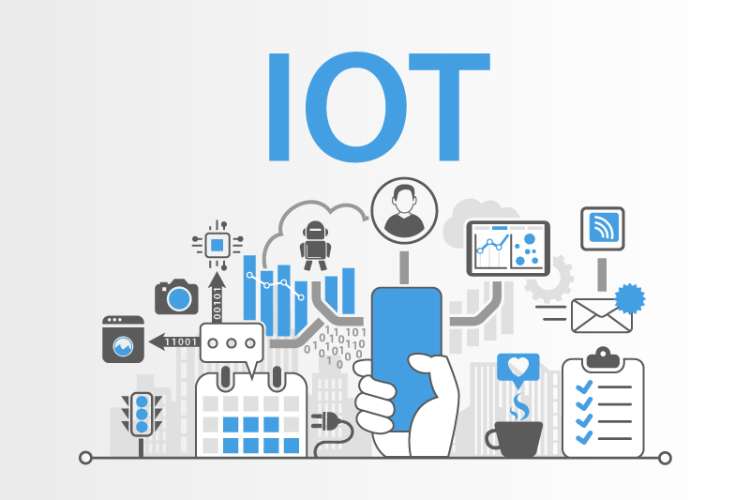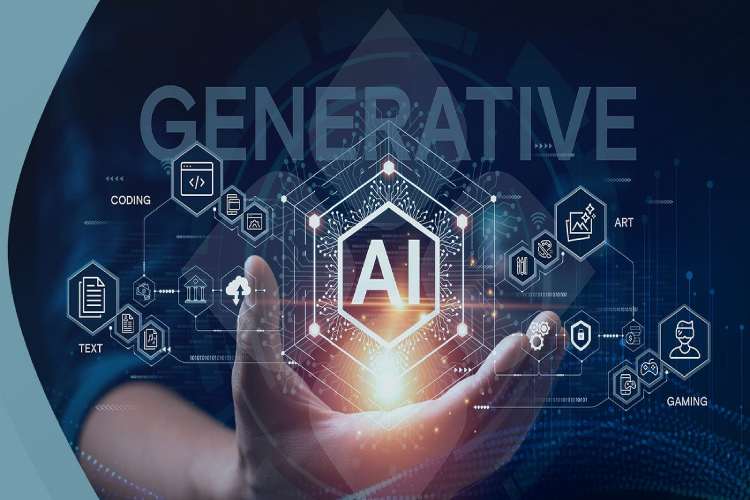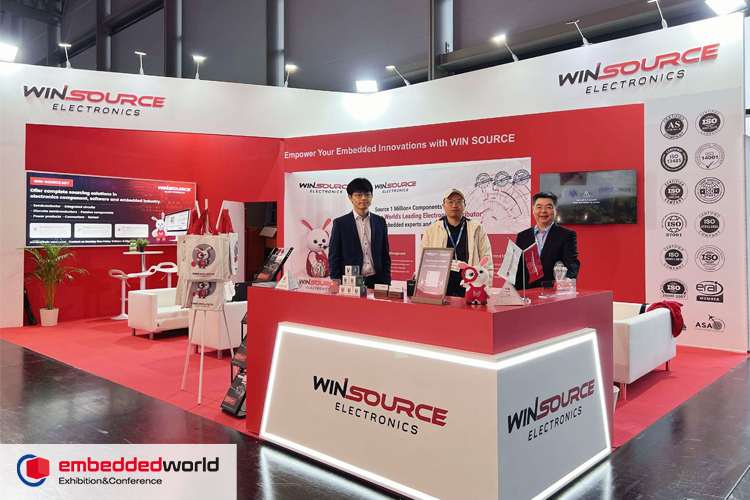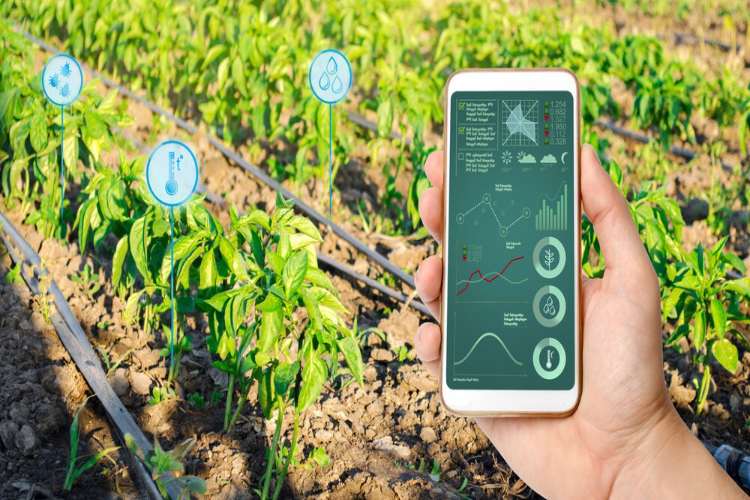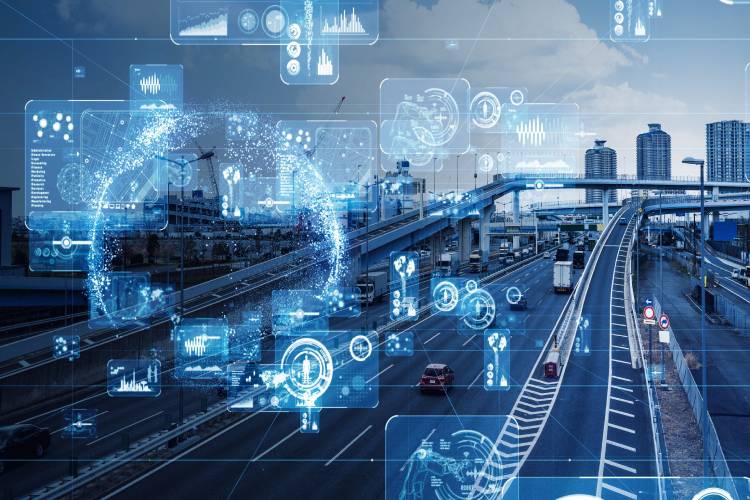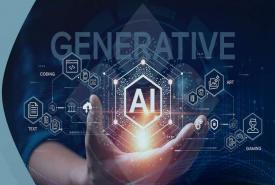The supply chain based industries can be impacted by $120 billion by the end of 2026 due to climate change dangers.
When speaking of the economy of any country, supply chain management plays an important role. While ensuring that right products are available at the correct quantity and at the accurate time, minimizing waste, visibility, intelligence, and optimizing costs are an important requirement. This is why there is a huge growth of AI and IoT over the years when the information age transformed. In fact, various industrial sectors have been revolutionized with the assistance of these technologies by means of escalating output and are also helping both policymakers and industries to craft informed decisions based on data.
Mahantesh Ambi – Engineering Manager, FourKites has told the Express Computer that offering end to end visibility for the products is not that easy as the supply chain ecosystem can be extremely intricate furnished with numerous distributors, retailers, suppliers and manufacturers, spanning all through international, local, or regional scales. According to Ambi, the industry needs demand forecasting, inventory management, route optimisation, product condition monitoring, predictive maintenance and more.
These requirements can be met by deploying AI and IoT technologies. The supply chain based industries can be impacted by $120 billion by the end of 2026 due to climate change dangers. According to the experts, human actions such as burning of fossil fuels such as gas, coal, and oil are dependent for changing the weather patterns and temperatures. Utilization of petrol, and deforestation are the important factors for increasing carbon emissions.
Hence, the most imperative requirement is the supply chain’s resilience to climate change because the industries depend on shipments traveling throughout the world. Delivery partners, suppliers, manufacturers, and carriers are posed to the dangers of product damages from climate dangers like heavy rainfall, snow, hurricanes, wildfires, drought, water scarcity, rising sea levels, and flooding.
In an exclusive interview with the Express Computer, Ambi said, "As there is a strong push for industries to focus even more on sustainability, there is a dire need to move from a linear economy to a circular economy. Predominantly, every company focuses on profitability rather than the impact of their waste damaging the environment. That is why there was a Global Biofuel Alliance at the G20 initiative led by India, with the US and Brazil being its founding members on September 9, 2023."
"Its primary focus is to expedite the global usage of sustainable biofuels by boosting the usage of Flex-fuel in the market. Flex fuel vehicle engines are able to operate on gasoline with ethanol blending, and if vehicle manufacturers are able to build engines that support up to an 85% (E85) ethanol blend ratio, then the government can reduce petrol prices without owners realizing it. However, the current target set for 2025 is 25%. The Alliance is working on subsidizing automotive companies to develop such engines. This move will reduce dependence on oil imports and also help create a sustainable economy," added Ambi.

